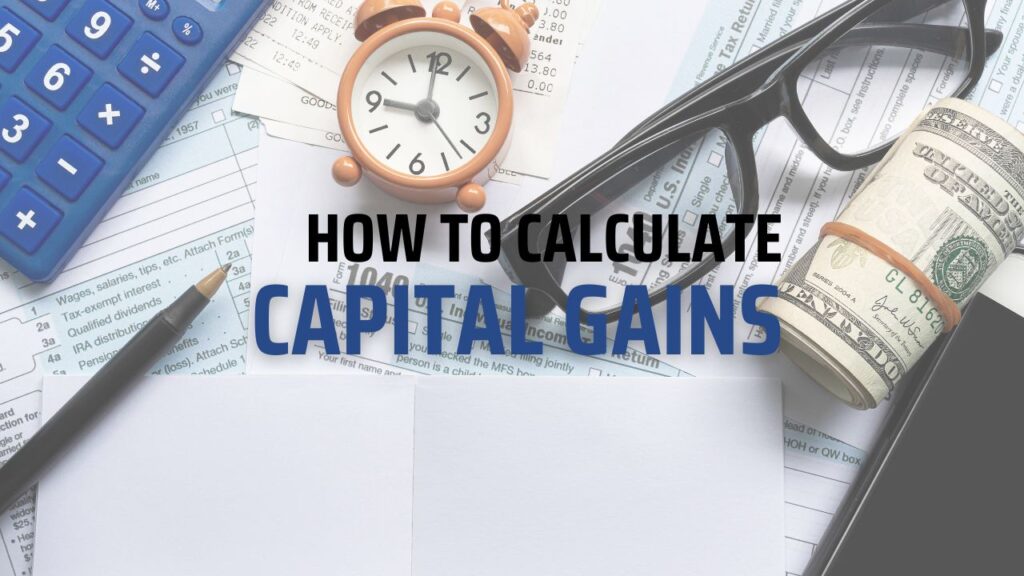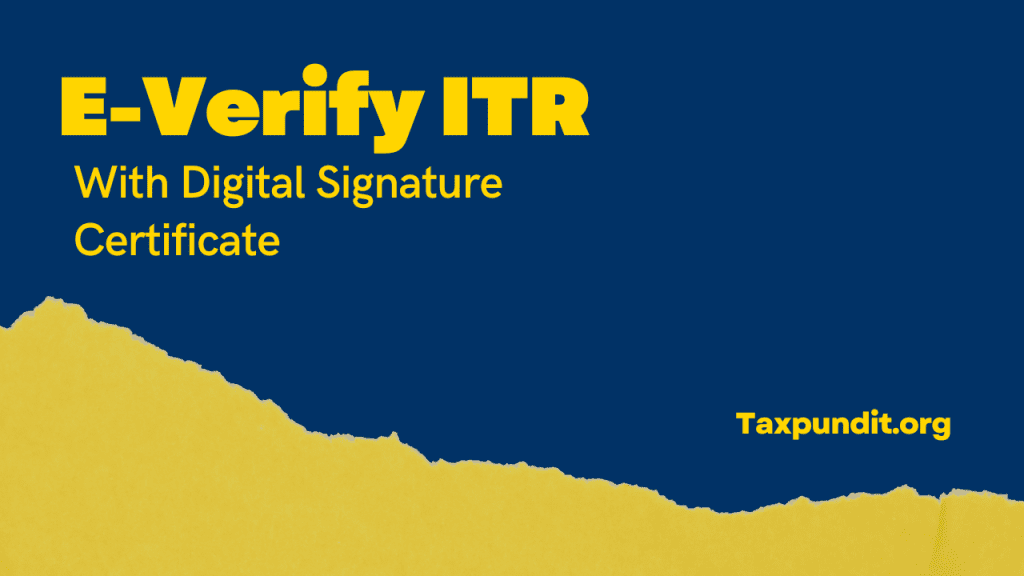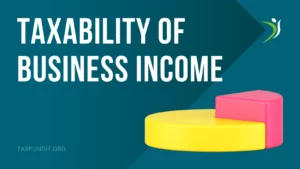Section 45 provides that any profits or gains arising from the transfer of a capital
asset effected in the previous year will be chargeable to income-tax under the head ‘Capital Gains’. Such capital gains will be deemed to be the income of the
previous year in which the transfer took place.
Capital gains are generally associated with investments, such as stocks and funds, due to their inherent price volatility. But they can also be realized on any security or possession that is sold for a price higher than the original purchase price, such as a home, furniture, or vehicle.
Capital gains fall into two categories:
- Short-term capital gains
- Long-term capital gains
Year of chargeability – Capital gains are chargeable as the income of the
previous year in which the sale or transfer takes place. In other words, for
determining the year of chargeability, the relevant date of transfer is not the date of the agreement to sell, but the actual date of sale i.e., the date on which the effect of transfer of title to the property as contemplated by the parties has taken place.
However, as already noted, Income-tax Act has recognised certain transactions as transfer in spite of the fact that conveyance deed might not have been executed and registered. Power of Attorney sales as explained above or co-operative society transactions for acquisition of house are examples in this regard.
In this article we will explain how to compute capital gains in simple terms.
What is STCA & LTCA?
Definition: As per section 2(42A), short-term capital asset means a capital asset held by an assessee for not more than 36 months immediately preceding the date of its transfer.
As per section 2(29A), long-term capital asset means a capital asset which is not a short-term capital asset.
Thus, a capital asset held by an assessee for more than 36 months immediately preceding the date of its transfer is a long-term capital asset.
Exceptions: A security (other than a unit) listed in a recognized stock exchange, or a unit of an equity oriented fund or a unit of the Unit Trust of India or a Zero Coupon Bond will, however, be considered as a long-term capital asset if the same is held for more than 12 months immediately preceding the date of its transfer.
Further, a share of a company (not being a share listed in a recognized stock exchange in India) or an immovable property, being land or building or both
would be treated as a short-term capital asset if it was held by an assessee for not more than 24 months immediately preceding the date of its transfer.
Thus, the period of holding of unlisted shares or an immovable property,
being land or building or both, for being treated as a long-term capital asset would be “more than 24 months” instead of “more than 36 months”.
Let us understand Long Term and Short Term Capital Assets in simple terms
Period of Holding as per Section 2(42A)?
Security (other than unit) listed in a recognized stock exchange, Unit of equity oriented fund/unit of UTI & Zero Coupon bond
STCA, if held for ≤ 12 months
LTCA, if held for > 12 months
Unlisted shares, Land or building or both
STCA, if held for ≤ 24 months
LTCA, if held for > 24 months
Unit of debt oriented fund, Unlisted securities other than shares, Other capital assets
STCA, if held for ≤ 36 months
LTCA, if held for > 36 months
How to Compute Capital Gains?
A. In case of a Short-term capital asset
| Particulars | Amt | Amt |
|---|---|---|
| Full value of consideration received or accruing as a result of transfer | xxx | |
| Less: Expenditure incurred wholly and exclusively in connection with such transfer (for e.g., brokerage on sale)
(Note: Deduction on account of STT paid will not be allowed) |
xxx | xxx |
| Net Sale Consideration | xxx | |
| Less: Cost of acquisition (COA) | xxx | |
| Less: Cost of Improvement | xxx | |
| Short-term capital gain (STCG) | xxx | |
| Less: Exemption under sections 54B/54D | xxx | |
| Short-term capital gain chargeable to tax | xxx |
B. In case of a Long-term capital asset
| Particulars | Amt | Amt |
|---|---|---|
| Full value of consideration received or accruing as a result of transfer | xxx | |
| Less: Expenditure incurred wholly and exclusively in connection with such transfer (for e.g., brokerage on sale)
(Note: Deduction on account of STT paid will not be allowed) |
xxx | xxx |
| Net Sale Consideration | xxx | |
| Less: Indexed cost of acquisition (ICOA)
Cost of acquisition × (CII for the year in which the asset is transferred/ CII for the year in which the asset was first held by the assessee or P.Y. 2001-02, whichever is later) Note: [Benefit of indexation will, however, not be available in respect of long-term capital gains chargeable to tax under section 112A and long-term capital gains from transfer of bonds or debentures (other than capital indexed bonds issued by the Government and sovereign gold bonds issued by RBI)] |
xxx | |
| Less: Indexed cost of improvement (ICOI)
Cost of acquisition × (CII for the year in which the asset is transferred/ CII for the year in which the improvement took place |
xxx | |
| Long-term capital gain (STCG) | xxx | |
| Less: Exemption under sections 54/54B/54D/54EC/54F | xxx | |
| Long-term capital gain chargeable to tax | xxx |
Rate of tax on Short-term Capital Gains
Section 111A
Short-term capital gains arising on transfer of listed equityshares, units of equity oriented fund and unit of businesstrust1 – 15%, if STT has been paid on such sale.
Short-term capital gains arising from transactionundertaken in foreign currency on a recognized stockexchange located in an International Financial ServicesCentre (IFSC) would be taxable at a concessional rate of 15%,even though STT is not paid in respect of such transaction.
Rate of tax on Long-term Capital Gains
A. Section 112A
Tax @10% on long-term capital gains exceeding ` 1,00,000on the transfer of following long-term capital assets –
– listed equity shares, if STT has been paid on acquisition and transfer of such shares
-units of equity oriented fund and unit of business trust1, if STThas been paid on transfer of such units
If such transaction undertaken on a recognized stockexchange located in an International Financial Services Centre (IFSC), LTCG would be taxable at a concessional rate of 10% where the consideration for transfer is received or receivable in foreign currency, even though STT is not paid in respect of such transaction.
Benefit of indexation and currency fluctuation would not be available.
B. Section 112
| Long Term Capital Asset | Rate of Tax |
|---|---|
| Unlisted securities, or shares of a closely held company | Non-corporate non-resident/foreign company - 10%, without the benefit of indexation and currency fluctuation Other Assessees - 20%, with indexation benefit |
| Listed securities (other than a unit) or a zero-coupon bond | 10%, without the benefit of indexation or 20%, availing the benefit of indexation whichever is more beneficial to the assessee |
| Other Assets | 20% |
| Sub-contractor in transport business (if PAN is furnished) | Nil |
Note
- In case of a resident individual or a Hindu Undivided Family (HUF), the long-term capital gain taxable u/s 112 or 112A or short-term capital gaintaxable u/s 111A shall be reduced by the unexhausted basic exemption limitand the balance shall be subject to tax.
- No deduction under Chapter VI-A can be claimed in respect of such long-term capital gain chargeable to tax u/s 112 or u/s 112A or short-term capitalgain chargeable to tax u/s 111A.
- Rebate u/s 87A is not available in respect of tax payable @10% on Long-term Capital Gains u/s 112A.
- Enhanced surcharge of 25% and 37% would not be levied on dividendincome, short-term capital gains chargeable to tax under section 111A andlong-term capital gains chargeable to tax under section 112 and undersection 112A.
Cost Inflation Indices
| Financial Year | Cost Inflation Index |
|---|---|
| 2001-02 | 100 |
| 2002-03 | 105 |
| 2003-04 | 109 |
| 2004-05 | 113 |
| 2005-06 | 117 |
| 2006-07 | 122 |
| 2007-08 | 129 |
| 2008-09 | 137 |
| 2009-10 | 148 |
| 2010-11 | 167 |
| 2011-12 | 184 |
| 2012-13 | 200 |
| 2013-14 | 220 |
| 2014-15 | 240 |
| 2015-16 | 254 |
| 2016-17 | 264 |
| 2017-18 | 272 |
| 2018-19 | 280 |
| 2019-20 | 289 |
| 2020-21 | 301 |
| 2021-22 | 317 |
| 2022-23 | 331 |
FAQ on Capital Gains
Capital assets are properties of any kind held by a person whether or not connected with his business or profession.
Any profit or gain arising from transfer of capital asset is capital gain.
Short term capital gain and long term capital gain.
No
The rate at which your gains are taxed will depend on your income, filing status, and the type of asset. Short-term capital gains are taxed at your ordinary income tax rate.
Watch our Video on Capital Gains on Shares & Mutual Funds
About Taxpundit Team
Our team consists of highly qualified, experienced and knowledgeable industry professionals that are passionate and dedicated to our clients. We provide the best possible service to our clients in a timely and effective manner, whilst always adhering to the highest levels of quality.











